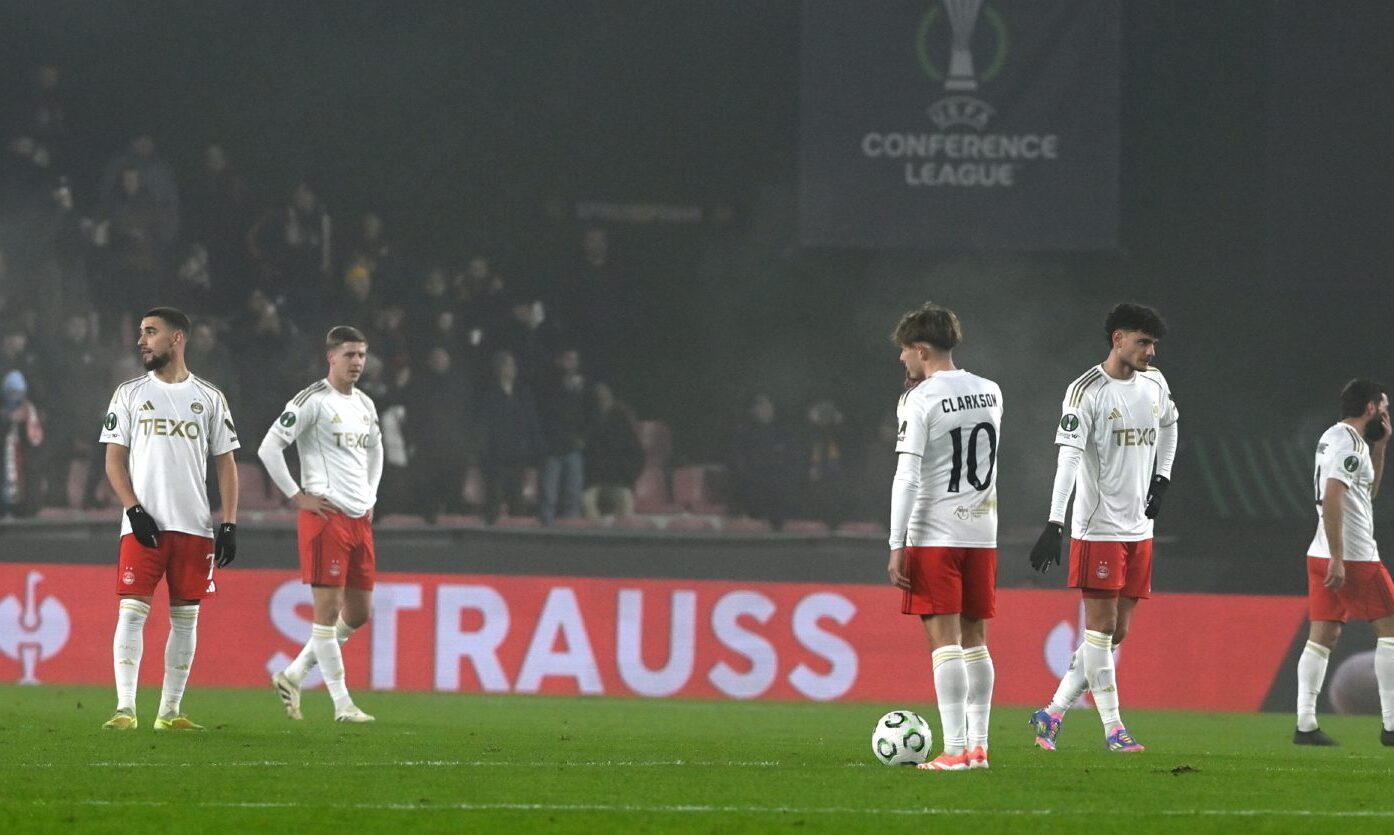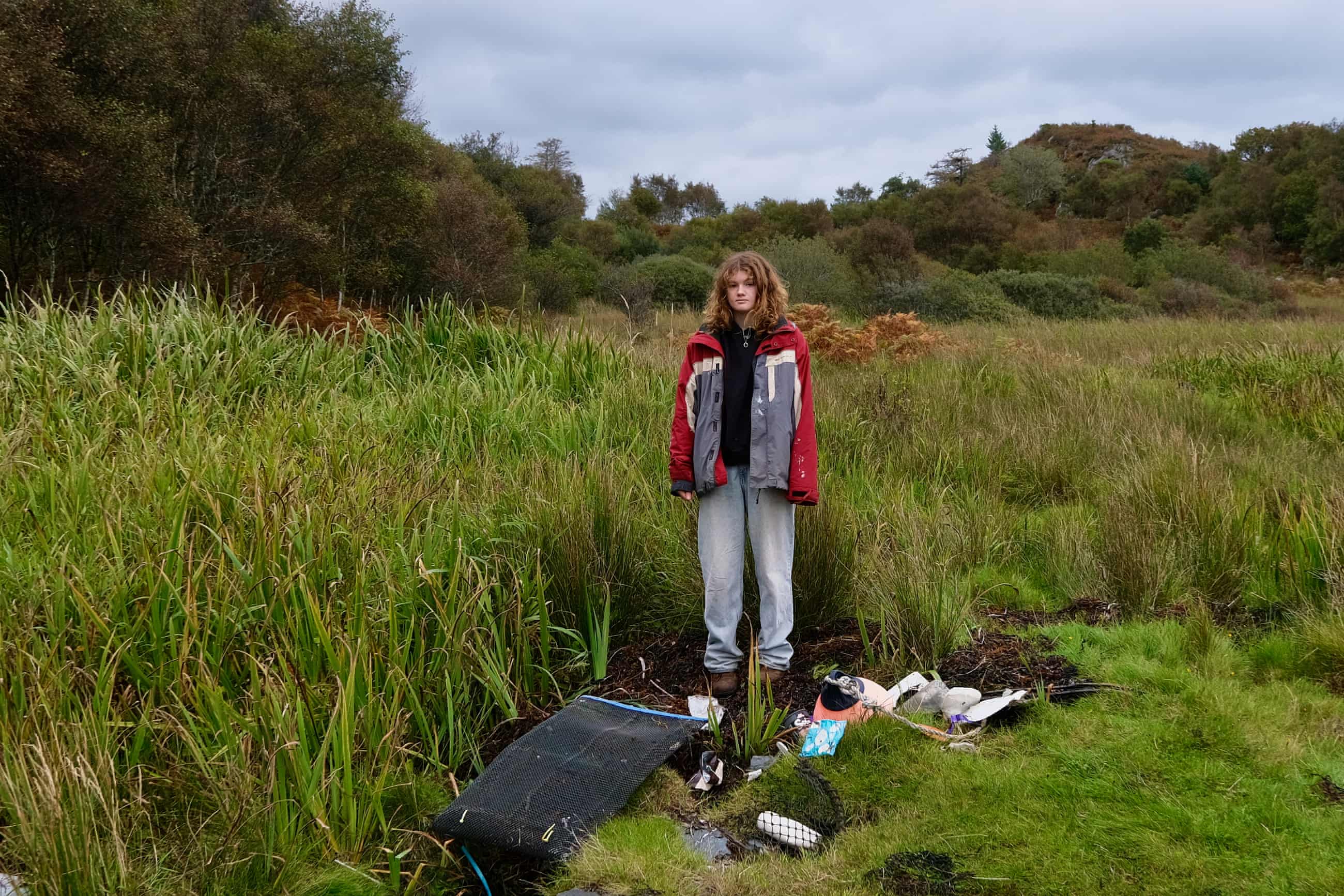Alan Burrows insists Aberdeen’s new approach will ‘turbocharge’ youth development
Dons chief executive explains shift of focus from development football to exposing young players to competitive matches.

Aberdeen chief executive Alan Burrows insists the changes to the club is not giving up on its youth academy but is instead preparing to turbocharge it.
The Dons announced last month they were withdrawing from the Club Academy Scotland under-19 programme and focusing their attention on the SFA’s new cooperation agreements which allow teams to partner with lower league clubs.
The move has been made as the club aims to expose their young players to competitive adult football as early in their careers as possible.
Burrows says despite an annual £2.2million investment in the youth academy, the Dons have not done enough to push the development of their youngsters.
But he insists the change in focus will rectify that issue.
He said: “This is the opposite of abandoning youth football, it’s turbocharging youth football.
“What we’ve been doing collectively in the last 10 years hasn’t worked.
“We’ve been doing the same thing over again and expecting different results but it’s constant youth leagues and moving the deckchairs about.
“Have we done everything we could have as a football club? The answer is no, we haven’t. We can either moan about that or get after it and do something different.”
‘More net profit in developing your own players’
The Dons have entered into cooperation agreements with Elgin City and Kelty Hearts while other young players have been sent out on loan to lower league clubs.
Burrows believes the increased focus on loans is the best way to prepare a player for involvement at first-team level at Pittodrie.
He said: “I struggle to get my head round people who tell me it’s a better environment for them to play against a peer group at their same age rather than first team or international players.
“We’re putting 16 and 17-year-olds and they are playing against clubs like St Johnstone who last year were in the Premiership and two or three years ago were winning cups.
“From a player-trading point of view, it’s better for the club too. To go very corporate, there is more net profit in doing that if you’re not having to pay £500,000 or give someone a 30% sell-on or whatever it might be.
“The best way to trade in football players is with players from your own youth academy.”
Transition coach will be in place soon
Aberdeen are closing in on an appointment for a transition coach, whose role will be on ensuring the young players on loan develop their skillset to give them a better chance of breaking into the first-team squad.
With Aberdeen working towards operating with a reduced squad but one with increased quality with more scope to bring through youth players, the Dons chief executive believes the role is a crucial one.
Burrows told RedTV: “We’re very close to a hire but it’s so important that person is the right person.
“It can’t be a holding role for someone who wants to be a manager in six months’ or a year’s time.
“It needs to be someone who is passionate and enthused about making players ready for the first team.”
Dons will not lose their Scottish identity
The Dons hope the change of focus on player development will lead to an increase in Scottish players at first-team level.
Aberdeen have not signed any Scottish players in the summer window but Burrows insists the club remains committed to having a Scottish identity in the team.
He said: “The reality is, post-Brexit, in any environment where you shrink the labour market, the value of the labour rises.
“Clubs can’t just scour Europe to bring in players, so the value of players here has risen significantly.
“We’re motivated to continue to look there both now and in future windows. We don’t want to lose our identity.
“One or two have come up but haven’t happened for a variety of different reasons, primarily the riches down south or elsewhere.”
[Source: The Press and Journal]













/file/attachments/orphans/rebecca-hague-mothers_864112.jpg)






































